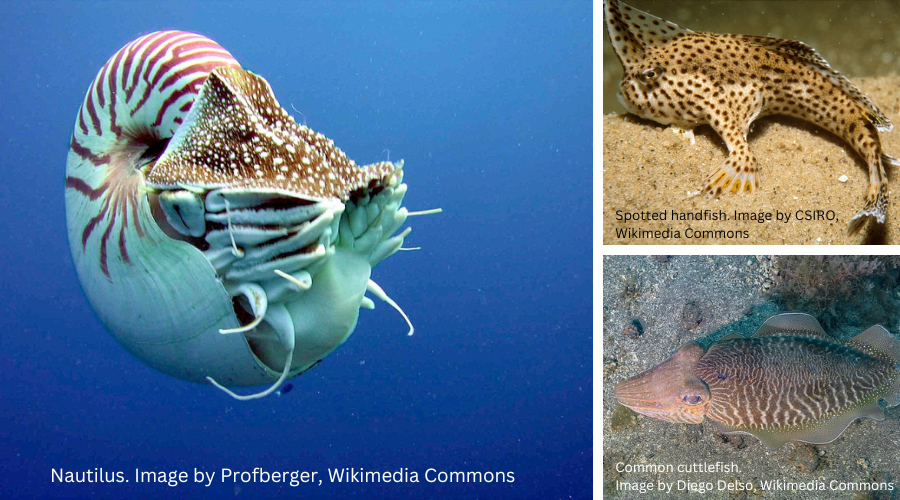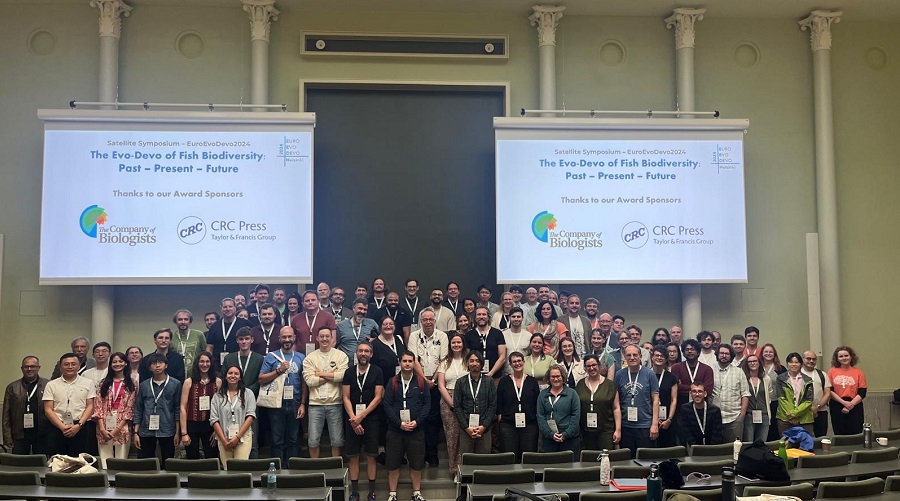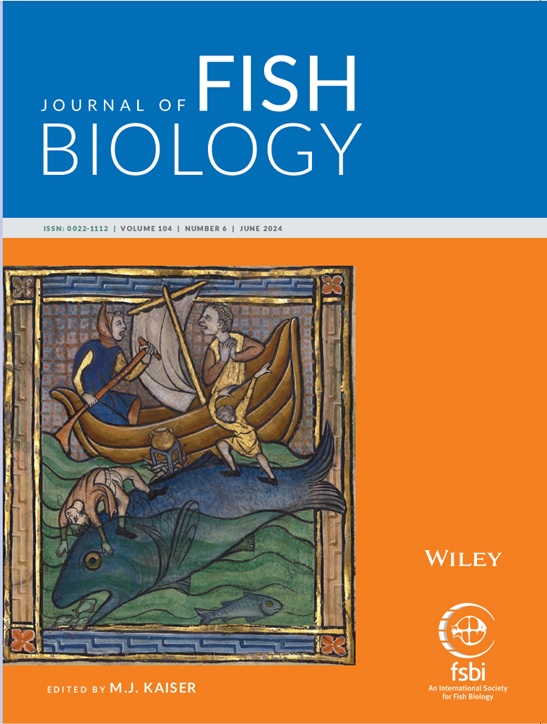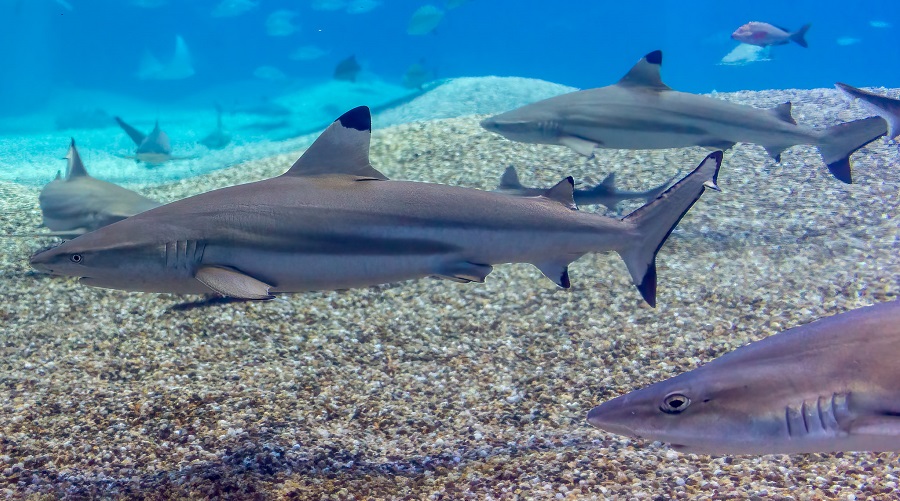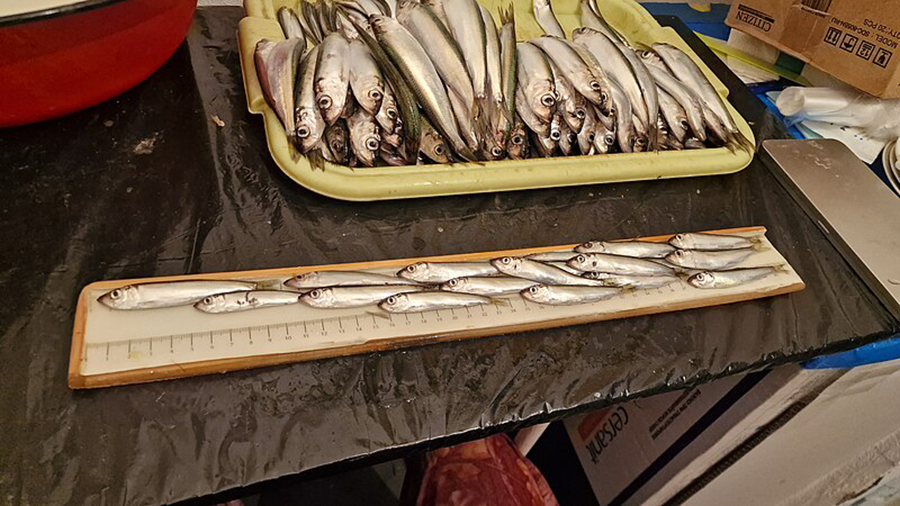
Measuring Baltic herring. Photo by Aleksey Kusnetsov, Wikimedia Commons.
As climate change continues to warm and deoxygenate ocean water, the size of fish, aquatic molluscs and crustaceans is showing a concerning reduction pattern. This pattern manifests a life history in which the animals exposed to rising temperatures grow fast when they are young but mature at smaller sizes than before and their final body sizes are also smaller than they used to be.


